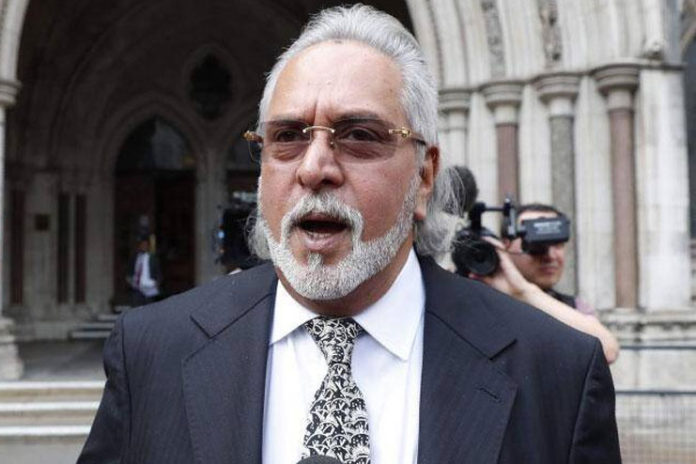On Tuesday, the UK said that it was making its effort to resolve
Vijay Mallya’s legal matter which is “confidential” in nature. So that, they can act upon India’s request for his extradition.
British Acting High Commissioner Jan Thompson held a briefing to check on the status of Mallya’s extradition.
Currently, according to the Indian Ministry of External Affairs, Mallya has applied for asylum in the UK to escape Indian prison term. On this matter, New Delhi is engaged with London.
British foreign secretary Dominic Raab and the Prime Minister Boris Johnson are visit India in the coming months.
Thompson told reporters, “The recent and upcoming engagement we’re seeing at the highest levels of government shows the moment of strategic opportunity for the UK and India is still there, it is felt really acutely on both sides, and we’re continuing to work closely to grasp it.
“In 2021, the UK will assume the Presidency of the G7 (Group of Seven Industrialized nations) and will host COP 26 (Conference of Parties to the UN’s climate convention), while India will chair the BRICS (Brazil-Russia-India-China-South Africa grouping) and begin its eighth term as a non-permanent member of the United Nations Security Council,” she added.
For now, PM Modi is invited to the UK for the Climate Ambition summit that will take place in December.
A few weeks ago, India’s foreign secretary Harsh Shringla was in London. He even had a discussion about the Indo-Pacific cooperation as it was a part of his European tour.
For now, both the countries are looking at an Indo-Pacific, maritime security and climate change as part of a 10-year planfor the India-UK relationship.
The UK is reviewing a new global strategy that is expected “to point to a decisive shift towards greater engagement with the Indo-Pacific”, she said.
“There is a lot of potential to collaborate with India in the Indo-Pacific region. Part of the UK’s new international posture is likely to be a very significant tilt around the Indo-Pacific,” Thompson said.
“We have a very similar vision to India, in terms of wanting to see a free and open Indo-Pacific region that supports the rules-based international system, there is a lot of synergy there,” she added.
India raised concerns and asked London to keep the terror tag under Britain’s Proscribed Organisations Appeal Commission (POAC) which was removed in October. The UK had listed LTTE as a terror outfit in 2000.
To the status of “terror tag” the Acting British High Commissioner said, “Can’t comment on individual conversations we had. But we had detailed discussion on a range of issues including around this type of issue with Indian govt in a different format”.
Apart from India, even Sri Lanka had was not for the development.
In a release, the Sri Lankan foreign ministry had said, “Government of Sri Lanka has sufficient evidence to prove that the remnants of the LTTE and groups aligned with its terrorist ideology are active in foreign countries, working to incite violence and destabilize the country.”













































